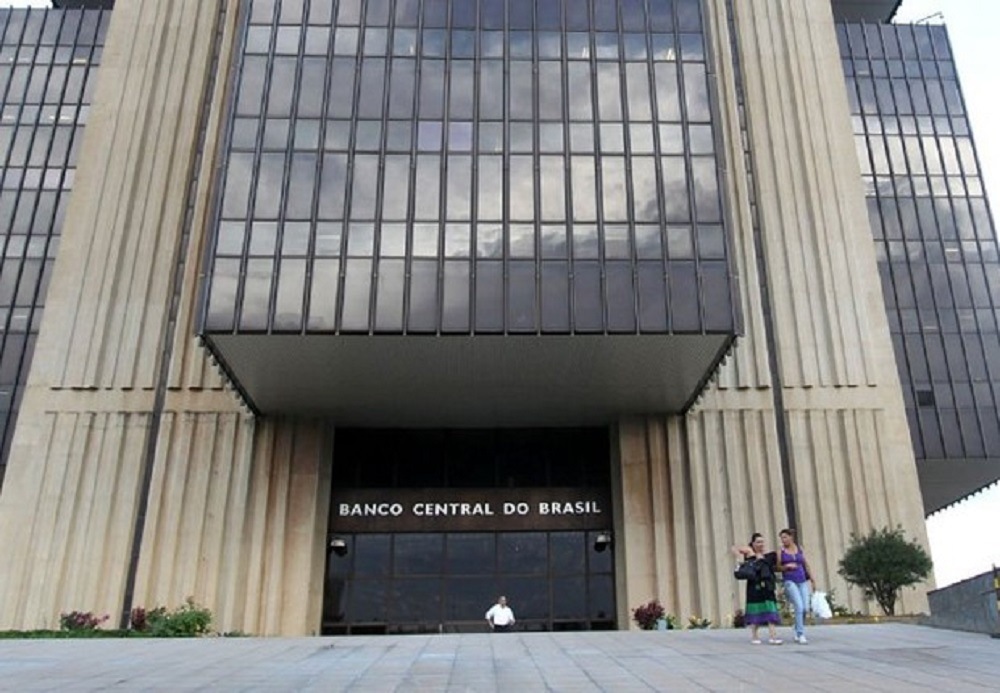RIO DE JANEIRO, BRAZIL – The Central Bank (CB) has recorded a R$21.1 billion (US$5.27 billion) positive balance in the first half of 2019. The figures were released on Thursday, August 29th, after a National Monetary Council (CMN) meeting.
Also, according to the Central Bank’s results, the first half of 2019 showed negative foreign exchange results of R$7.6 billion, due to the drawing down of international reserves and exchange swap auctions.
According to the head of the Central Bank‘s accounting department, Arthur Andrade, the balance has been unrestrictedly approved and the surplus will be transferred to the National Treasury within ten working days.

Regulations
According to Andrade, the transfer will be carried out because the legislation that amended the Central Bank’s relationship with the National Treasury will only be in force as of the second semester’s balance.
Law 12,8230/19, enacted in the first half of the year, establishes the so-called “foreign exchange result reserve”, which determines that whenever a bank makes a profit on an exchange account, the amount will be transferred to the reserve.
Amounts that are not linked to the foreign exchange profit will be transferred to the treasury. Hence the transfer and hedging.
The measure aims to help control public debt, preventing the treasury from having to issue public bonds and, consequently, increase the amount of public debt.
On the other hand, at times of loss, the Central Bank has the exchange result reserve to cover the shortfall.
Changes
At the meeting, the CMN also approved changes to rural credit standards for investment operations under the National Program for the Strengthening of Family Agriculture (PRONAF).
Among the changes is the abolition of the requirement to submit the General Fisheries Register (RGP) when it comes to credit for aquaculture.
The CMN considered that the RGP, a document used to control vessels used in extractive fishing, is not required in the case of investments in aquaculture.

